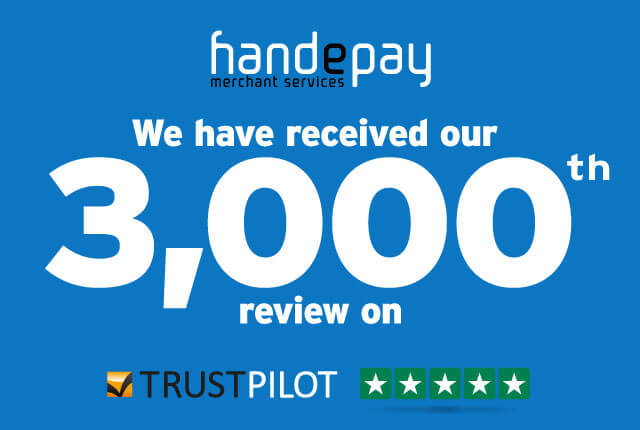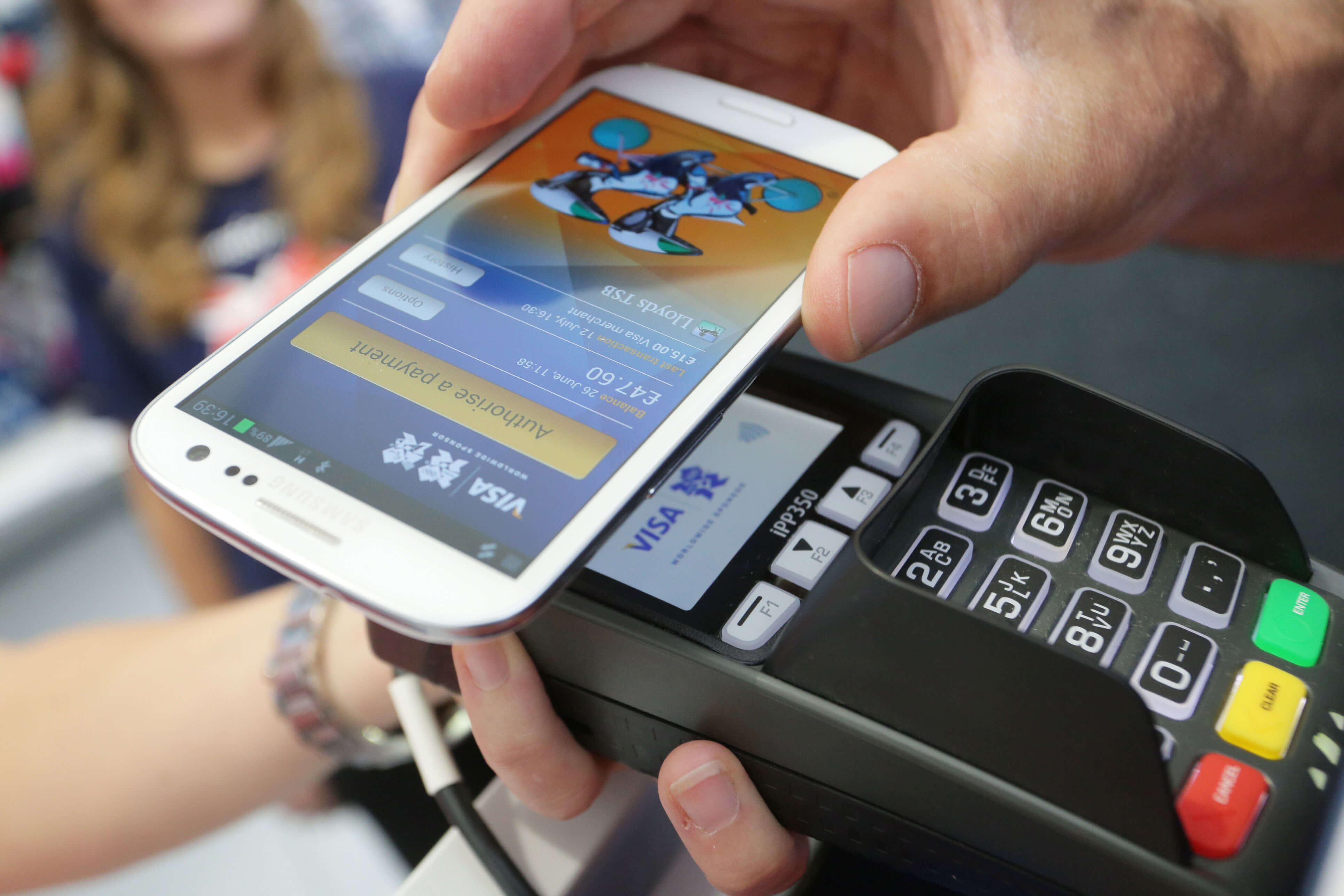Mark Latham, Chief Commercial Officer at Handepay, discusses the north south divide on Brits going cashless.
With a population of more than 8 million it is clear why London is leading the charge towards a cashless Britain.
The population is rising, the economy is the strongest in the UK and with more and more tech business start-ups there really is very little need for people to carry around cash.
And the stats are there to back this up. ATM network operator Link reveals the number of ATM withdrawals has fallen by 8.7 per cent in the city between January and April 2019.
Compared with a drop of just 3.7 per cent in the North East it is clear there is a regional disparity.
In 2008 cash accounted for 60 per cent of payments - but by 2018 that had fallen to just 28 per cent. UK finance experts predict this will continue to less than one in 10 transactions (nine per cent) by 2028.
London is likely to be the first to reach this prediction - with rural areas around the country falling behind. Whilst recent figures do suggest Britons in general are leaving London for elsewhere in the country, the population is still rising.
And there is a constant stream of young people - who have not only grown up in much more cashless world - but are making their way in business where contactless is the focus.
The Link data revealed that contactless payments were least popular in North West England, where 58 per cent of people used this type of payment in 2018, compared with 70 per cent plus in areas such as the South East, the Midlands, London and Wales.
It is clear improvement is needed to the UK’s broadband infrastructure. There is nothing more frustrating than having your internet connection fail while attempting to take payment for an item.
It would be rare to find an area in London where the internet signal is low - however in the North East - or Northern Ireland where cash machine withdrawals have dropped by 4.7 per cent - there are areas not currently covered by broadband.
This could be one reason why sole traders stick to cash transactions - not because they are being ‘dinosaurs’, it makes business sense.
But if the government’s pledge to ensure everyone in Britain has full fibre broadband by 2033 this could be a thing of the past.
Making sure you are on the front front as a business means flexibility. The wait for cashless Britain may well be longer for small independent businesses in rural England, but we’re all heading in the same direction.
More than £943 billion was spent on card payments in 2017 - yet there are still areas of the UK that are still playing catch up. Use of debit cards’ single tap payment has increased their popularity - especially since the limit was upped to £30.
However, there is still a generation of people who always use cash to pay for anything outside the home - and a layer of small businesses that can only accept cash. The folk that walk around the corner to a local newsagents to buy a newspaper, or the people who buy their food for the day during a morning trip to the Co-op.
Do these people only exist in the north ? Or outside of London? No.
But age isn’t the only factor to consider. Income is also a key indicator - people in rural communities can find it harder to use digital technology because of poor broadband or just a lack of knowledge, while working out budgets for the week or month is sometimes easier in hard cash.
Even casual traders and small business now take card payments. Speed and ease of purchasing is key and with a simple tap of a card the customer can be away with their purchases before the stall next door has started counting change.
And with ease comes security - not keeping huge sums of cash in a premises is appealing.
The independent Link report suggests that at the current rate of decline use of cash will end in 2028. However despite being at the forefront of card payments Handepay is cynical to rely solely on the data.
External influences - such as broadband signal, tradition, income and fear - will likely always be around.
It is possible for a contactless Britain to co-exist alongside cash use. And whilst we can be quick to suggest that the rest of the UK needs to keep up with London, being a trailblazer for the country can also bring problems.












